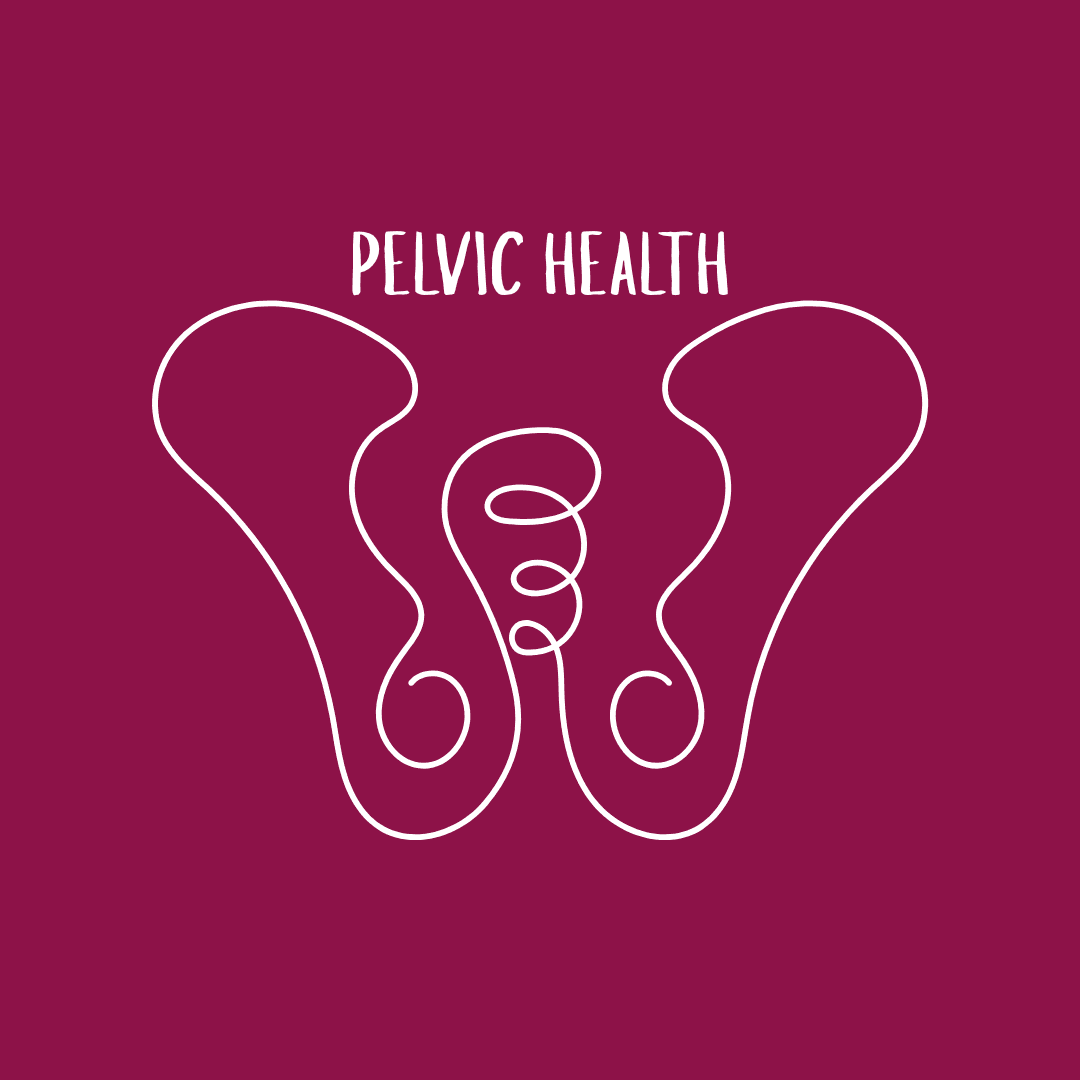
Crossing your legs when you cough?
Peeing a little when you laugh or sneeze?
Avoiding sex because it's painful?
It's time to get your pelvic floor checked out.
This is what pelvic health physiotherapist and intimacy coach, Sheela Zelmer, says in the latest episode of Phase to Phase: The Hormone Health Show.
The truth of the matter is that: no amount of leakage is normal (whether it's bladder, bowel, or gas), yet oftentimes **it is accepted as a "normal part of being a woman and ageing". **
The other reality is that we don't really talk about the pelvic floor, what it does, and how we can actually help you have better pelvic health! It's not just about doing pelvic floor strengthening exercises (commonly known as kegels)!
The pelvic floor is a foundational group of muscles running from your pubic bone to your tailbone. It's responsibilities, as explained by Sheela, include:
Pelvic floor dysfunction can look like a lot of things. Sometimes, the muscles are tight, sometimes they're weak, sometimes they're loose, sometimes they're uncoordinated, and everything in between!
Here's what that can look like for you:
The earlier you intervene, the better. If you leave issues like leakage for decades, compounded hormonal changes (like those in postmenopause) make the issue far more complex to manage later.
Make an appointment with a pelvic physiotherapist. Where I practice, in Ontario, Canada (East Gwillimbury and Innisfil more specifically), you do not need a referral (unless you need that for private insurance coverage!).
You can directly book with a pelvic physiotherapist, who will do an assessment and go through your history, symptoms, and goals.
While often recommended, the internal examination should never be painful or fearful. A practitioner should offer it like a "menu," and you don't have to begin with an internal exam until you are comfortable.
The pelvic health physio will then offer their assessment and care plan, which can include breathwork, certain exercises, identify your urinary/bracing/digestive/hydration patterns that might be getting in the way, etc. They'll also assess the vaginal tract for any dryness or irritation, help with prolapse, and collaborate with your primary care providers so that you can get the best care possible.
It can be difficult to talk about this part of your body because of your background, the stigma and taboo that exists, and normalization of these issues. Make sure to seek care and talk about it with others so that we can raise more awareness!
Check out the latest episode of Phase to Phase to get a more nuanced understanding of what pelvic health means and how you can access it.
Sheela Zelmer is a pelvic health physiotherapist, intimacy coach, and educator in Newmarket Ontario, which is part of the Greater Toronto Area. She works in private practice treating clients both in-person and virtually.